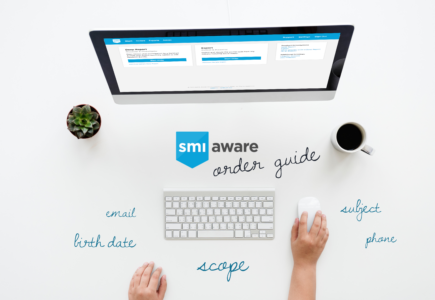Not long ago, most written evidence in litigation came from public records and official documents. Today? The landscape has shifted. Social media platforms have added new layers of complexity—and opportunity— to discovery. Content shared online can now be used as evidence in court, making knowledge of social media platforms an essential literacy for litigators.
Do you know where—and how—to look for evidence online?
With 71% of the U.S. population actively using social media (about 230 million users), the chances are high that your next case involves social media evidence. And with platforms growing 13% globally year over year, the need for proactive e-discovery has never been greater.
Let’s break down the top four social platforms you should know:
Facebook: A goldmine for connections
While Facebook started with college students, its most active users are now adults over 50. This demographic shift opens opportunities to gather insights from older subjects—and their networks.
Even if your subject doesn’t have an account, family members and friends may share valuable information through tagged posts, comments, or shared photos.
From birthday parties to political rants, Facebook content can paint a fuller picture of someone’s life—if you know where to look.
Twitter: Public by default
Twitter’s user base spans a wide range of ages, but the key advantage for discovery is visibility.
Many users keep their profiles public to boost engagement, making it easier to access tweets, replies, and retweets.
Public data allows AI tools and analysts to trace links between accounts, hashtags, and interactions.
Whether you’re investigating opinions, affiliations, or activity timelines, Twitter’s open nature makes it a valuable platform for legal discovery.
Instagram: Personal moments, tagged connections
With 59% of U.S. users between 18 and 29 years old, Instagram is the platform of choice for Millennials and Gen Z.
About half of accounts are public, offering access to photos, captions, geotags, and tagged profiles.
Users frequently tag friends, restaurants, locations, and brands—creating a web of connections that may link to your subject or reveal patterns.
Instagram offers a more intimate, curated view of someone’s life—ideal for understanding personal routines, relationships, and locations.
LinkedIn: Professional footprints
LinkedIn is the go-to platform for professional networking—and an often-overlooked source of useful information.
Users commonly share career milestones, achievements, and professional interests.
Most profiles are partially visible in search results, displaying name, photo, and job title—even without a connection.
Important note: LinkedIn notifies users when someone views their profile. Use caution when conducting research to avoid alerting your subject.
Why platform knowledge matters
To uncover relevant social media evidence, litigators must understand the unique culture, privacy settings, and user behavior of each platform.
As users become more privacy-conscious, it’s increasingly challenging to collect defensible evidence quickly and ethically.
That’s where SMI Aware comes in.
We don’t just analyze social media profiles—we stay ahead of platform updates, privacy changes, and emerging trends. Our expert analysts navigate evolving platforms to deliver the insights you need, while preserving evidence defensibly and ethically.
Get ahead of your next case
Social media moves fast—and so should your discovery process.
Let’s talk about how we can help you secure critial evidence, before it disappears.




